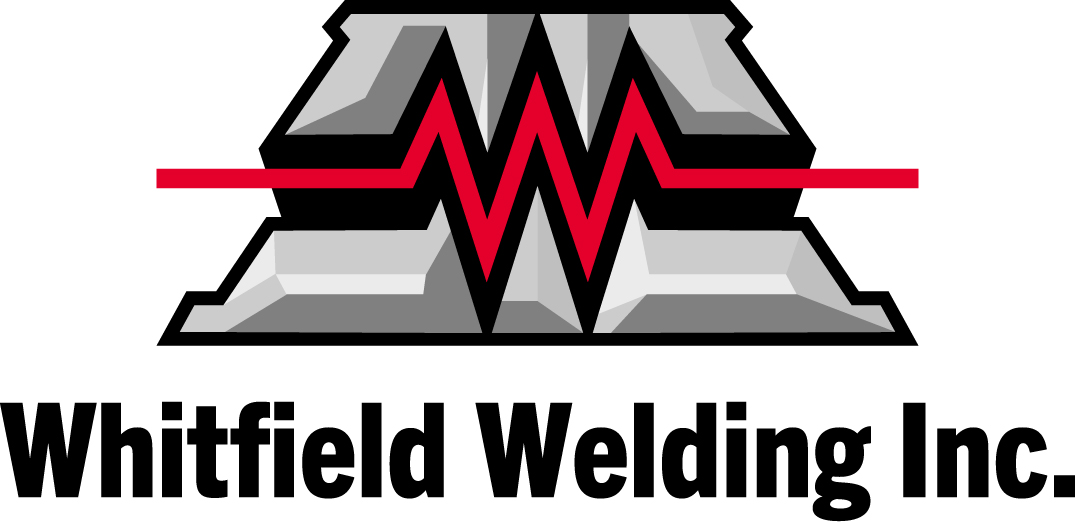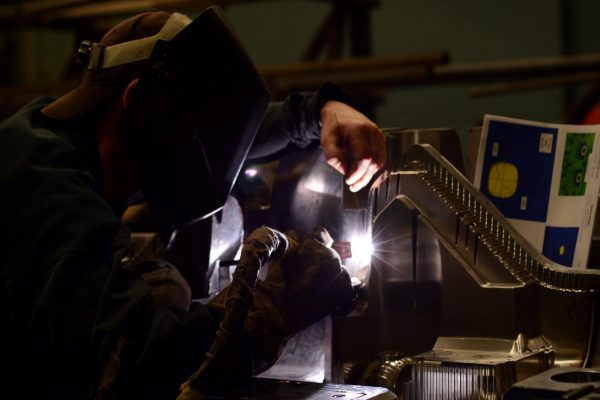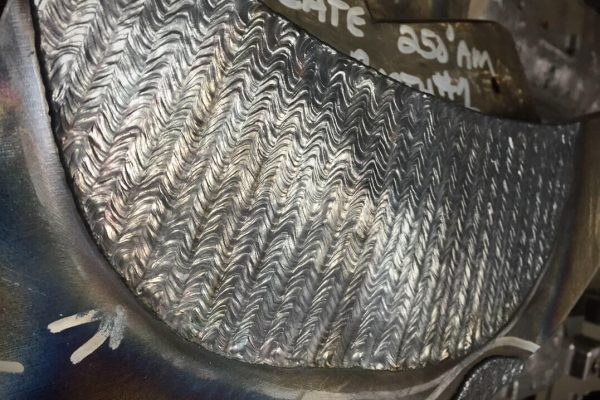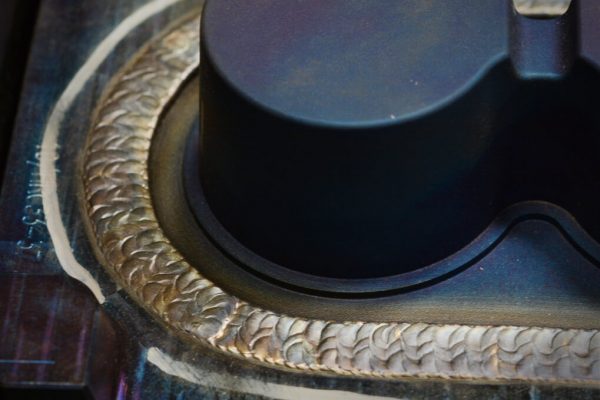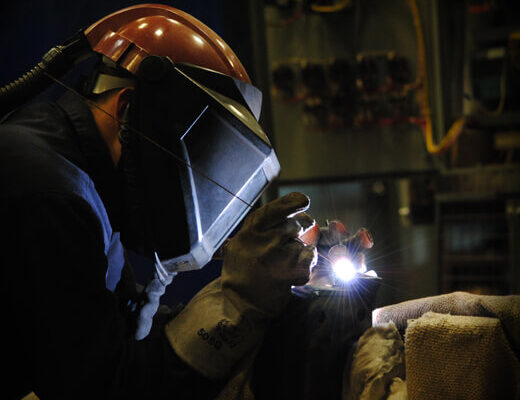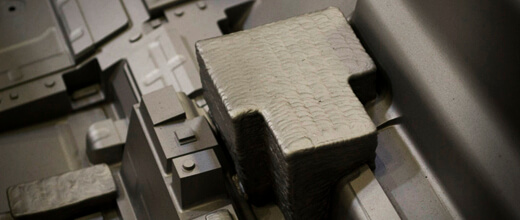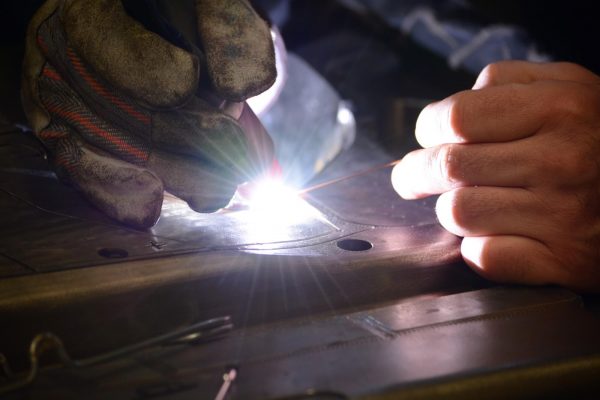TIG (Tungsten Inert Gas) Welding is a clean and high quality electric welding process, considered the most popular choice when used in one-off component repair. The precision and high quality of the welding is unmatched within the gas welding processes. This process has been the backbone of Whitfield Welding Inc. since 1985.
TIG Welding forms an arc between a non-consumable tungsten electrode and the metal being welded. Gas is supplied through the TIG torch to shield the tungsten electrodes and pools of molten weld. TIG welding exhibits greater control over the weld pool than other additive processes. Whitfield Welding technicians are unmatched in skill and artistic ability; combined with proper metallurgical heat treatment processes, there is really nothing that can be welded, that cannot be repaired.
Capabilities
- 25 metric ton crane capacity
- Open 24 hours a day, 5 days a week and half day on Saturday – we can accommodate special requests after hours
- 8 Full TIG Welding Stations
- 3 Preheat Stations capable of holding 25 metric tons at preheat temperature indefinitely, these preheat systems are PLC controlled, taking the guesswork out of quality
- Calibrated thermocouples ensure consistent and accurate preheat weld temperature is maintained throughout the welding process
- Experienced mold-finishing to hand work a surface after welding and perform parting line seal-off repair if requested
- Guaranteed quality pre-weld preparation and weld line-up on every job
- On-site spectrometer to provide an accurate composition of base material for colour matching using best available filler material
- Rockwell testing performed on every job that requires oven work, ensuring proper temperature selection
- 7 ovens having a combined capacity of 160,000 lbs for stress relief or tempering
- Ability to research the repair of rare material through experience and our extensive business network
Advantages
- Unmatched experience within the industry
- Clean, precise welds
- Over 100 different filler material types and sizes range from 0.035 to 0.125 inches
Applications
- Plastic injection mold repair and revisions
- Die-cast tool repair and refurbish
- Aerospace component repair and assembly
- Medical device repair and assembly
- Oil and Gas component repair

